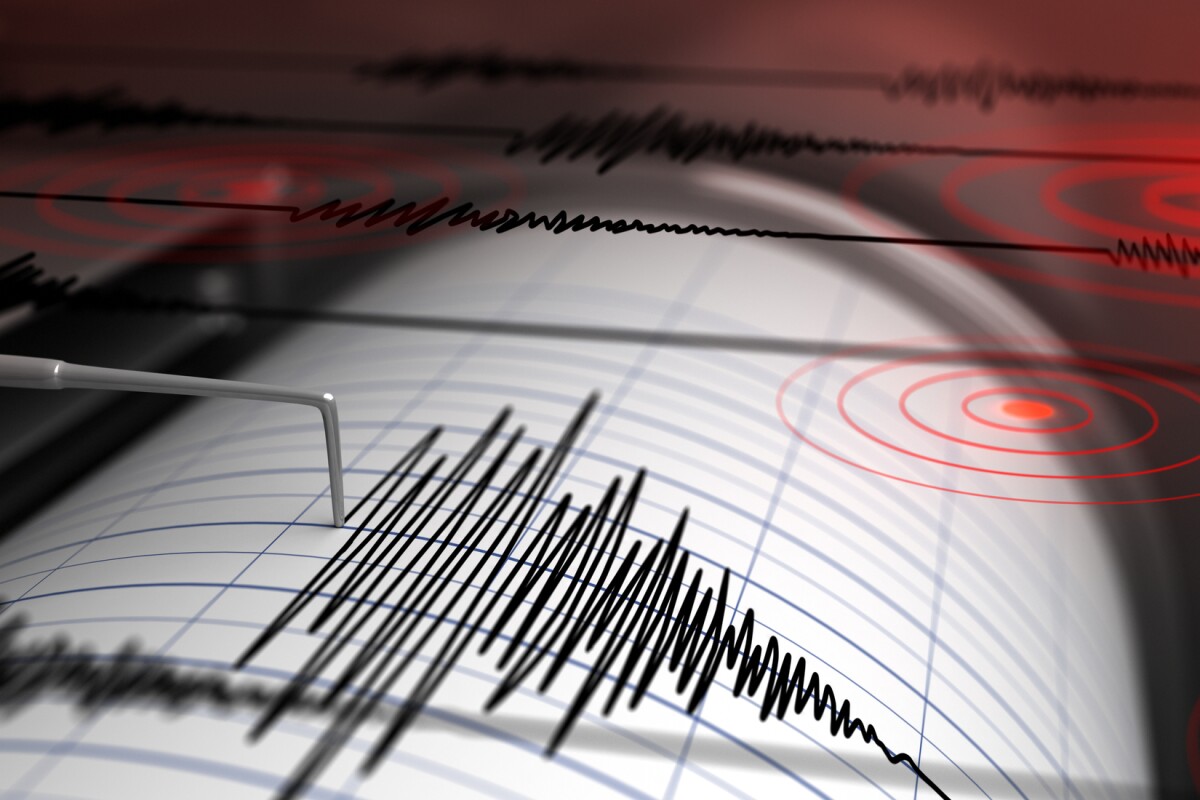
This should have been attempted long ago. androids are mobile computers quite able to use sensers and to report data. Seismic is simply the most obvious. Atmospheric sensing also matters as well. A detailed map of monoxide concentration matters.
In fact sensers will be the next great frontier for technology. Information has value and even sensing mosquitoes has value. Sensing can be done with a nano crystal.
Folks will ultimately even go on exploration transverses for fun while our cell phones collect massive data.
..
Android phones to become the world's biggest earthquake detection grid
By Loz Blain
August 11, 2020

Google is harnessing the accelerometers of millions of smartphones to build a global earthquake detection and warning network
Google has started using the vast number of Android smartphones across the planet to help detect and warn people about seismic events. Your phone will begin transmitting accelerometer data if it detects something similar to an earthquake.
Accelerometer data from a single phone might not mean much, but patterns of activity across thousands of handsets in a given area can be monitored in real time to get a clear enough picture in the aggregate. It won't be as accurate as a network of seismometers, but it'll cover vastly more of the planet than those can, and give enough information to be instantly useful.
That usefulness will come in the form of instant earthquake alerts for people outside the immediate epicenter of a large seismic event. As Google puts it, they're racing the light-speed signals from all those phones against the speed of earthquake propagation, and if that means people get a big flashing alert on their phone a few seconds before the shaking starts, people can be that much better prepared.
Earthquake warnings will begin in California first, where the system can be tested against the state's existing seismometer network, and will roll out to further states and countries over the coming year.
The data will also be used to create quickly accessible information pages that can be accessed simply by googling "earthquake" or "earthquake near me," letting people quickly confirm what they've just felt, learn more about the location and scale of the event, and access resources on what to do after an earthquake.
It's a neat repurposing of Google's vast resources and the enormous number of Android handsets out in the wild.
No comments:
Post a Comment